Yes, horses are dangerous animals. But humans are often oblivious to what is right in front of them as well.
If you aren't paying attention, you are putting yourself at risk of injury or death. That's just a simple fact.
However, the horse doesn't just kill you without warning. There is always a warning, take heed, watch the horse and listen when they tell you things are going to be bad.
We interrupt our regularly-scheduled litany of “show-'em-who's-boss” responses featuring babble about shopworn yet ineffectual methods of proving only that the offerers are devoid of both constraint and cognizance, to insert a word of sanity in the interlude so generated among those chanting “whip them, beat them, and call them nasty names” and present the truly functional technique for avoidance of equine-inflicted damage to humans:
Take the damn beasts at face value, not as some kind of imaginary friends. One needs not be less intelligent than the animal, but that would seem to be the case whenever one chooses to ignore the realities of their behaviors and the significance to them of the herd hierarchy and its requirements.
Horses will very distinctly present their opinions of humanity to those who take the modicum of time and effort it requires to discern this. Those horses who do not willingly submit to human dominance are not properly trained and invariably pose a significant risk to anyone around them.
The technique involved in properly initiating or restoring this appropriately submissive (read “respectful” rather than “fearful”) state of affairs to the horse doesn't require the idiocy of pounding on the animal in any way shape or form.
I've said before that when John Lyons tells people to let a horse think they're gonna “kill” him for biting, he's just let them miss the boat all over again. The reality of the situation is that the only times horses bite, kick, strike, or otherwise inflict intentional damage on people is when they have already been allowed for some time to believe that this will be acceptable.
Do horses unfamiliar with each other just walk up and start biting and kicking? No, they use a significant amount of body language first to establish dominance, which when done authoritatively by one or the other can entirely preclude any such contact subsequently. The real fights erupt when neither can convince the other to submit via more immediate means, and if a human lets it get that far that human must have ‘being compost' as his highest and best use anyway.
You dominate a horse very easily and gently, simply by never letting him dominate you. You don't let him look at you as if to push you around. You don't let him touch you. You don't get out of his way, you make him get out of yours. You don't let him think that you will ever give an inch. You can enforce all this with nothing more than your voice, soft but firm touches, and the willingness to brandish a longue whip to emphasize your point.
You dominate the horse in his field, in his stall, as he eats, as he plays, as he exists in entirety. You don't do the beast any favors if you think you'd like to pretend he's in charge; he can't understand that it wouldn't mean he's thus allowed to literally kick you around. In the horse's world you're either the boss or a potential victim. You can assert your intent on being the boss and nothing but from the very first second you approach a horse, and if you don't you have to expect to get hurt.
I've cultivated the ability to approach horses with whom I'm entirely unfamiliar in such a way as to convince them through visual input alone that I am simply not to be fooled with. It's worked time and again when I've been called in to deal with “vicious” stallions and the like, but I'd use it in some measure with about any horse. I stand up tall, I move boldly and openly, I quickly take possession of the animal's space, and I will accept absolutely NO attempt on the horse's part to dominate me, while expecting any beast worth his salt to try.
If a horse gives me a pushy look, I'll squeal at him, show him the whip, or, in the vast majority of the cases, simply use my hands to gently shove his head out of my space.
If a horse switches his tail at me, or stomps, or moves toward me uninvited, I'll move in on him immediately and apply the above-mentioned techniques as appropriate. When I move toward a horse I don't know, I approach his center of gravity from the side, and if he doesn't fold before I get within range I'll touch him with the whip, on top of the croup or under the belly, to ask him to step aside. Once he does that, he has begun to submit.
It's that easy: don't let them decide that you're a lesser member of the herd at any time, unless you want to be treated like one (read “get hurt”). If you let them make faces at you, you're telling them it's ok to move in on you. If you let them move in on you, you're telling them it's ok to push on you. If you let them push on you, you're telling them it's ok to bite, step on, strike, or kick you, and it's only a matter of time before they'll do so. Rest assured that it will be entirely deliberate on the horse's part when it does, in fact, happen, as well.
In contrast, all you have to do is get the horse to notice that you have the right to move in on and touch him, without letting him do anything of the sort, and you've convinced him of your relative standings. No hitting, no kicking, no whipping or yelling or otherwise making a fool of yourself will work in the absence of this, and all of that idiocy is thus rendered unecessary thereby anyway.
I would ask those who want to tell others to bash a horse after the behavior has occurred just how such a stupid idea would help someone who has in fact already been so badly injured by the horse that such response is impossible? Once your brainpan has just been pulverized, no such “method” will be useful at all.
In short: pay attention to the horse. Make him pay attention to you. Insist on manners and don't take no for an answer. Your life and/or somebody else's depends on your ability to head off rather than deal in hindsight with such problems.
Sheila Green
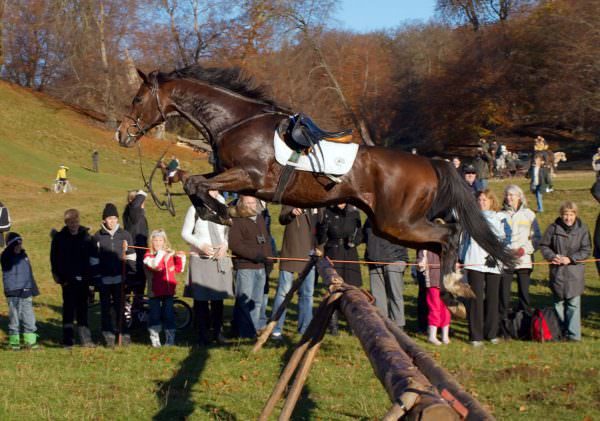
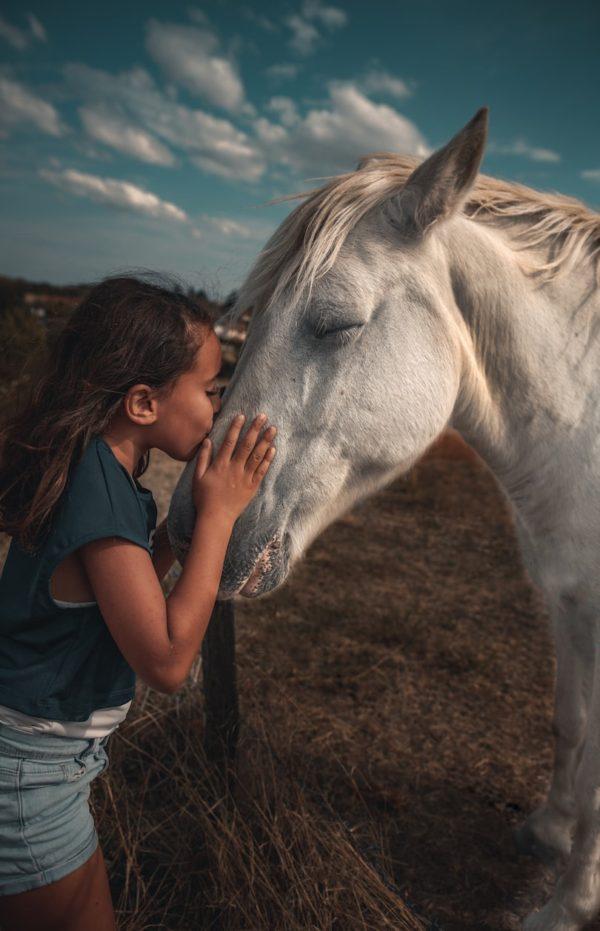
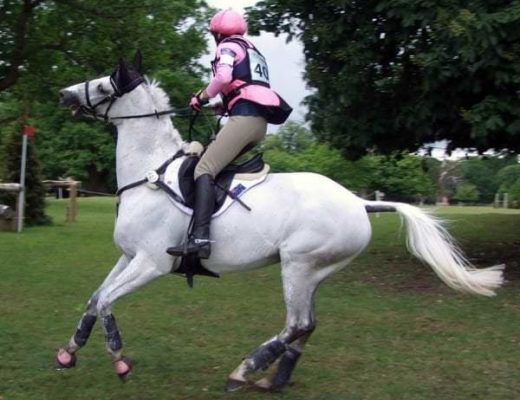
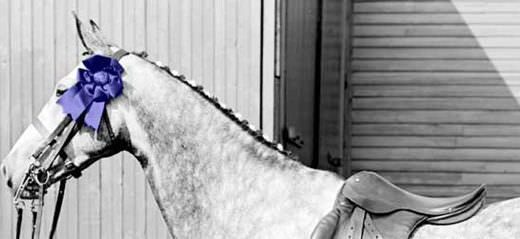
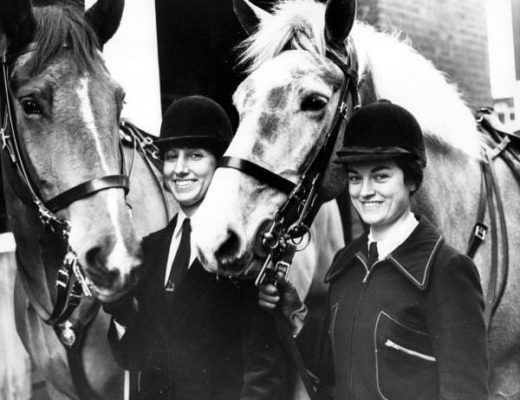
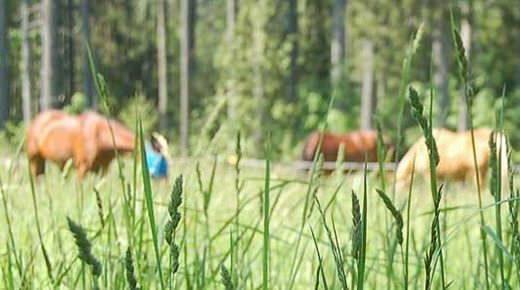
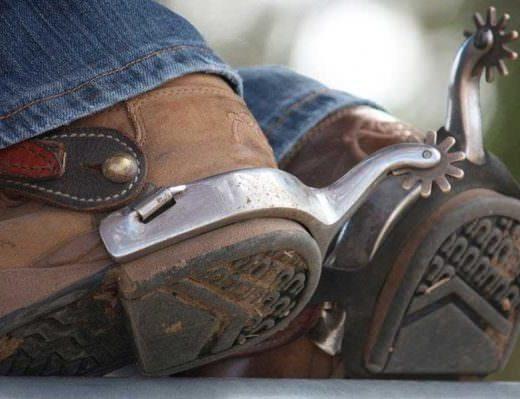

Dear Erica
I have been an adamant fan of this site for years (and only recently realized I could register) I will admit I am not the sharpest tool in the shed. However I do have a question for you, seeing as you have a very broad understanding and solid knowledge of the Equestrian world in general, and I live South Africa where most riders think Dressage is a fancy dish from Arabia.
My question is thus; do you, essentially have an opinion on the Marwari horse dances?
https://www.youtube.com/watch?v=Emf70oGnAoQ
I do see the potential for horse abuse, at the same time I don’t specifically see any definite abuse here The horses do look relaxed and the trainers do not let them keep doing a movement for very long, instead either giving the horse a complete break or moving on to something else. Some people have come forward claiming the trainers are very cruel behind closed doors, however I have yet to find any proof of this, and the horses, for all intents and purposes do look well fed and cared for. Although pointing out the well fed and well groomed animal is a moot point as proven by the current state of Dressage.
So essentially do you think this is abuse? Personally I don’t think so but my own experience with dressage is mostly watching the shows to reading the books. With no real experience I don’t feel confident in making a Yae or Nay statement. In general the opinions very split and I’d really love to hear your thoughts on it.
The author is someone known as Sheila Green, from the Usenet group rec.equestrian. I saw it when it first came out.
Yes, it was written about 20 years ago for the usenet group, as Joyce said. It has been quoted many times on other siyes since then.
Since Sheila Green wrote it, why I Erica Franz’s name at the top? It looks like she wrote it. I do remember when Shelia wrote this and I read it on the rec. It’s a brilliant piece of writing.
It’s posted as a quote: screenshot
If you look at the bottom of the quote, it’s credited to Sheila.